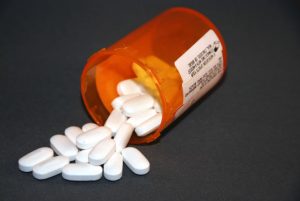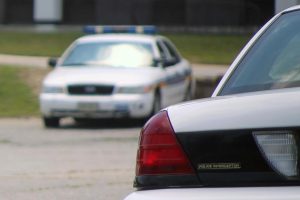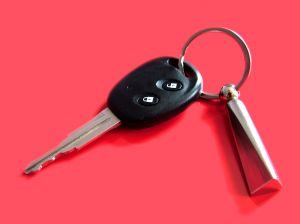According to a recent news story from the Sun Sentinel, the driver of Lamborghini was arrested after he allegedly drove the vehicle at 75 miles per hour, which was well above the posted speed limit, and then crashed into another vehicle. The other vehicle was being operated by an Uber driver, who was 82-years-old at the time of his death.=
 The driver of the Lamborghini turned himself in on charges of DUI and negligent manslaughter. Authorities say defendant, who is 61-years-old, was at a Delray bar before the accident occurred. He was with his girlfriend at the time, who is now his wife.
The driver of the Lamborghini turned himself in on charges of DUI and negligent manslaughter. Authorities say defendant, who is 61-years-old, was at a Delray bar before the accident occurred. He was with his girlfriend at the time, who is now his wife.
Prosecutors produced a duplicate of his bar tab showing the couple had ordered many mixed drinks, and he allegedly had at least three Long Island Ice Teas prior to getting behind the wheel of his sports car. Continue reading
 Fort Lauderdale Criminal Attorney Blog
Fort Lauderdale Criminal Attorney Blog










